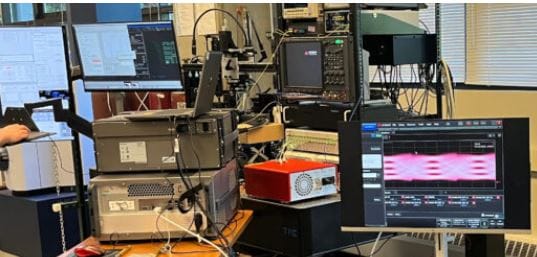
NLM Photonics’ vision is to substantially reduce the power consumption and footprint of high-performance data-centre and AI-training infrastructures by shifting from purely electronic to hybrid photonic-electronic interconnects
Seattle — NLM Photonics, is a Seattle-based startup developing next-generation hybrid organic electro-optic (OEO) photonic modulators
At its core, NLM Photonics’ vision is to substantially reduce the power consumption and footprint of high-performance data-centre and AI-training infrastructures by shifting from purely electronic to hybrid photonic-electronic interconnects. The company’s patented Selerion HTX material and module design enable ultra-low-voltage, high-bandwidth modulation—helping address the surging energy demands of large-scale cloud services, AI inference and quantum-computing workloads.
By enabling lower-voltage optical interconnects with higher bandwidth, NLM’s technology has the potential to slash network energy usage, reduce cooling and infrastructure cost, and improve sustainability performance at scale.
“With the expansion of cloud computing and AI, communication within the data centre is quickly becoming the bottleneck to continued growth in the sector,” said Frank Balas, Investment Director at Emerald Technology Ventures. “NLM tackles the issue by offering photonic technology that is not only faster and more energy-efficient but can be manufactured in standard CMOS fabs.”
Series A funding round announced January 25, 2025 was led by Emerald Technology Ventures and supported by the Oregon Venture Fund along with Tokyo Ohka Kogyo, Pack Ventures, StoryHouse Ventures and other existing backers.
Data centre energy consumption is already massive and growing rapidly. According to Emerald’s own analysis, global data-centre demand could surpass 800 TWh annually by 2030 if left unchecked. By enabling lower-voltage optical interconnects with higher bandwidth, NLM’s technology has the potential to slash network energy usage, reduce cooling and infrastructure cost, and improve sustainability performance at scale.
While the opportunity is significant, transitioning from prototype to mass-manufacture remains a rigorous undertaking. Key hurdles include: achieving full fab-compatibility, securing OEM offtake contracts, scaling yield and reliability to datacentre standards, and navigating component supply-chain dynamics in silicon photonics. NLM’s success will depend on execution across these dimensions.
Broader implications for clean energy & infrastructure
While NLM is not a “generation” technology company in the traditional sense (wind, solar, hydrogen), its focus on reducing the energy footprint of cloud, AI and data-centre infrastructure places it squarely within the clean-technology and energy-efficiency paradigm. As energy demand side innovations grow, NLM provides a compelling case of how digital-infrastructure decarbonisation can be a high-impact vector for climate-tech investment.
Founded in 2018 and headquartered in Seattle, WA, NLM Photonics develops hybrid organic electro-optic modulators and materials to enable next-generation optical interconnects for AI, data-centre, communications and quantum systems. The company’s patented Selerion family of materials and device architectures enable industry-leading modulation efficiency, high bandwidth and manufacturability in CMOS-compatible fabs. URL: https://www.nlmphotonics.com/
Media contact
Theo McGillivray – Communications Director, NLM Photonics
Email: [email protected]
Comments
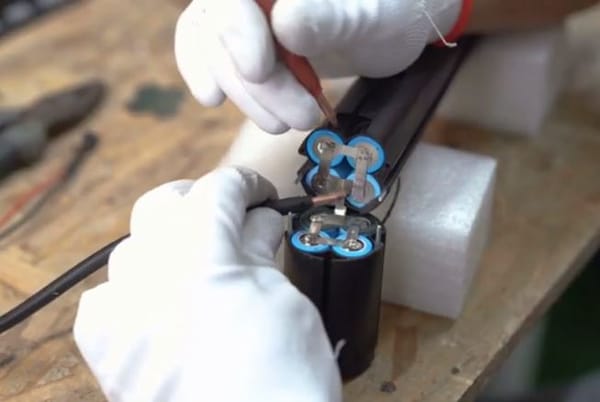
Stanford University research: a new kind of rechargeable battery that could hold far more energy than today’s standard lithium-ion cells.
A new battery startup emerging from Stanford University research, Energia Power Systems, is drawing attention for what it calls a breakthrough in the science of energy storage. At the heart of Energia’s pitch is a new kind of rechargeable battery that could hold far more energy than today’s
More Efficient Solar
DESCRIPTION Lens technology increases the efficiency of solar panels. Polycarbonate sheet manipulates light to maximize the good light and addresses the current limitation of solar panels to capture at best 22% of the energy from the sun. PROBLEM Solar panels only capture at best 22% of the energy from the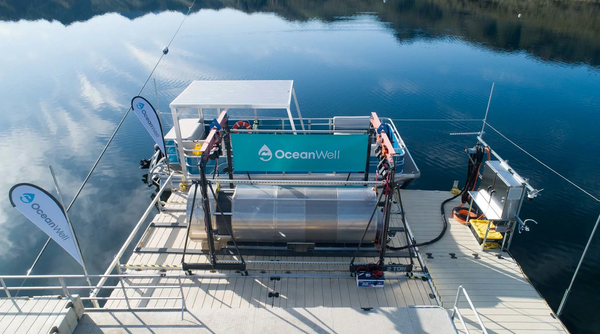
OceanWell Taps Deep Ocean to Redefine Sustainable Desalination
Water scarcity is rapidly becoming one of the most pressing global challenges, driven by climate change, population growth, and declining freshwater reserves. While desalination has long been seen as part of the solution, conventional systems remain energy-intensive, land-heavy, and environmentally controversial. OceanWell is advancing a new approach that rethinks how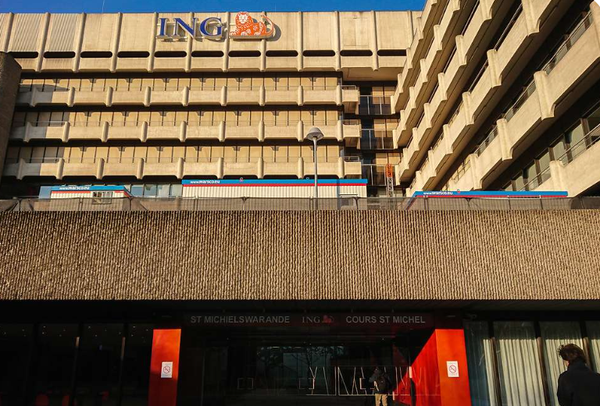
Revolutionizing Water Management: How Technology is Tackling Water Waste in Buildings.
Shayp client ING went live in 2022 and has already saved over 3 million litres per year. In a couple of months, they were able to avoid 473 kg of carbon emissions by just monitoring their water and taking action efficiently.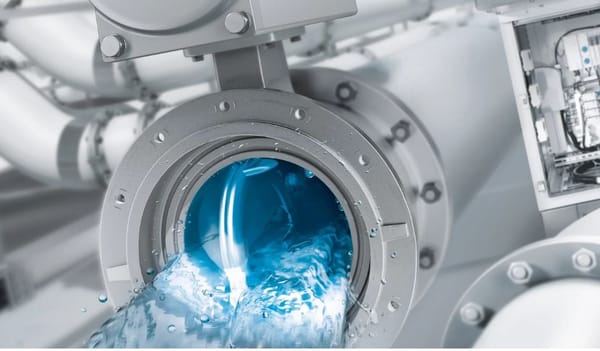
New Ecosystem Resource Directory Launched to Support Water Technology Companies Worldwide
A new Ecosystem Resource Directory is being developed to support water technology companies working to scale breakthrough innovations and proven solutions across the global water sector. The initiative aims to create a comprehensive, practical inventory of resources available to companies navigating the complex journey from innovation to market scale. By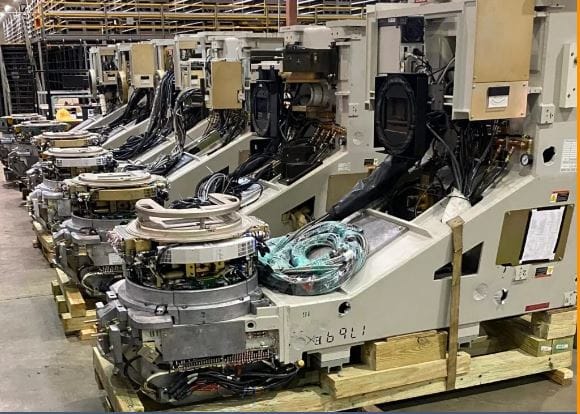
Pulse Industries to Build First Mass-Production Facility for Industrial Linear Accelerators which can be applied to water treatment systems capable of destroying ‘forever’ chemicals.
MARIANNA, FL – Pulse Industries will establish a 278,000-square-foot advanced manufacturing facility at the Marianna Airport Industrial Park, marking a transformative milestone in the mass production of linear accelerator systems. This initiative will create hundreds of skilled jobs and profoundly expand the accessibility of electron beam technology for diverse global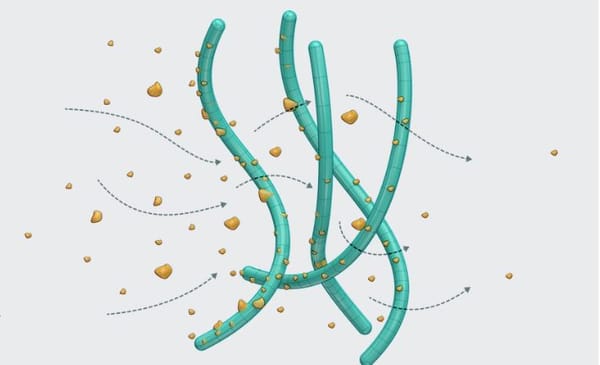
Pilot success at Atlantic County Utilities Authority (ACUA) paves way for full-scale deployment of PolyGone Systems micro-plastic removal technology
Atlantic City, NJ — November 8, 2025 — A year after the grand unveiling of the micro-plastic removal pilot at ACUA’s wastewater treatment facility, the partnership between PolyGone Systems and ACUA is now transitioning into a full-scale implementation phase — marking a significant milestone in the fight against micro-plastic pollution in treated
